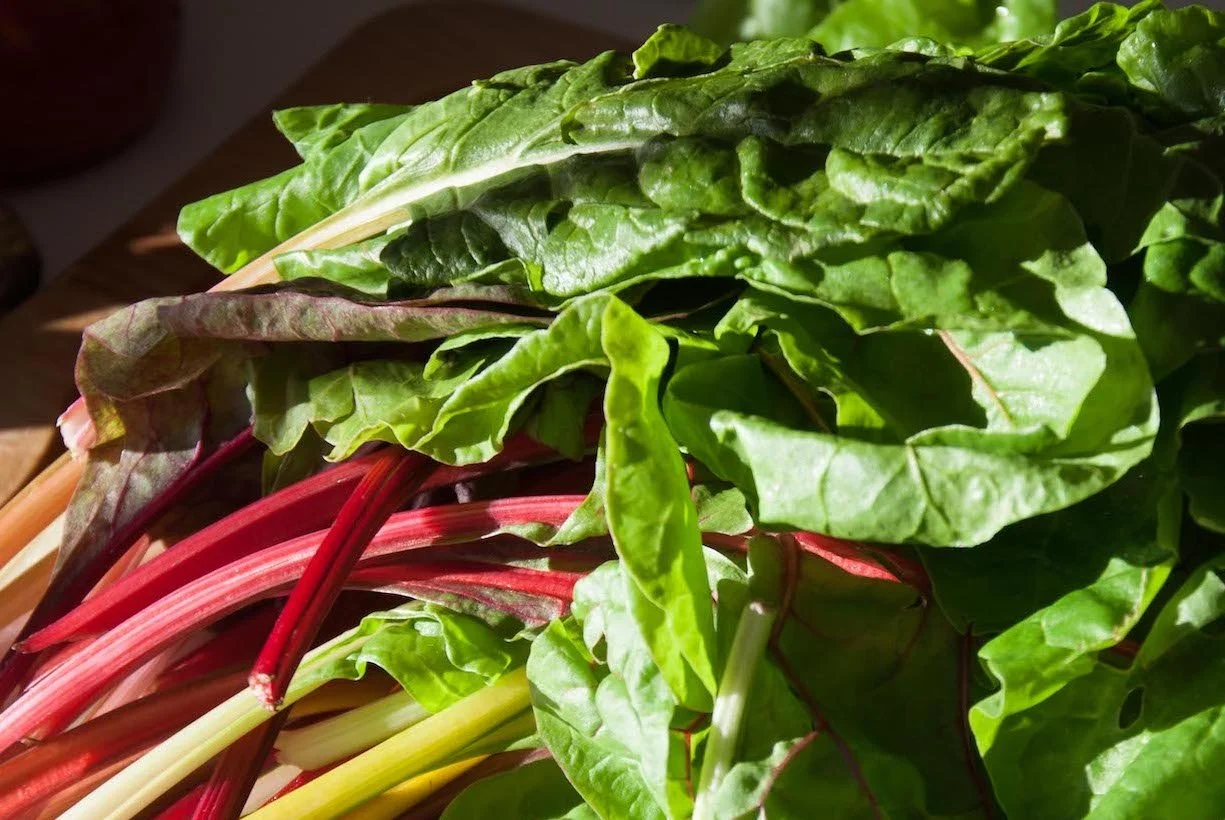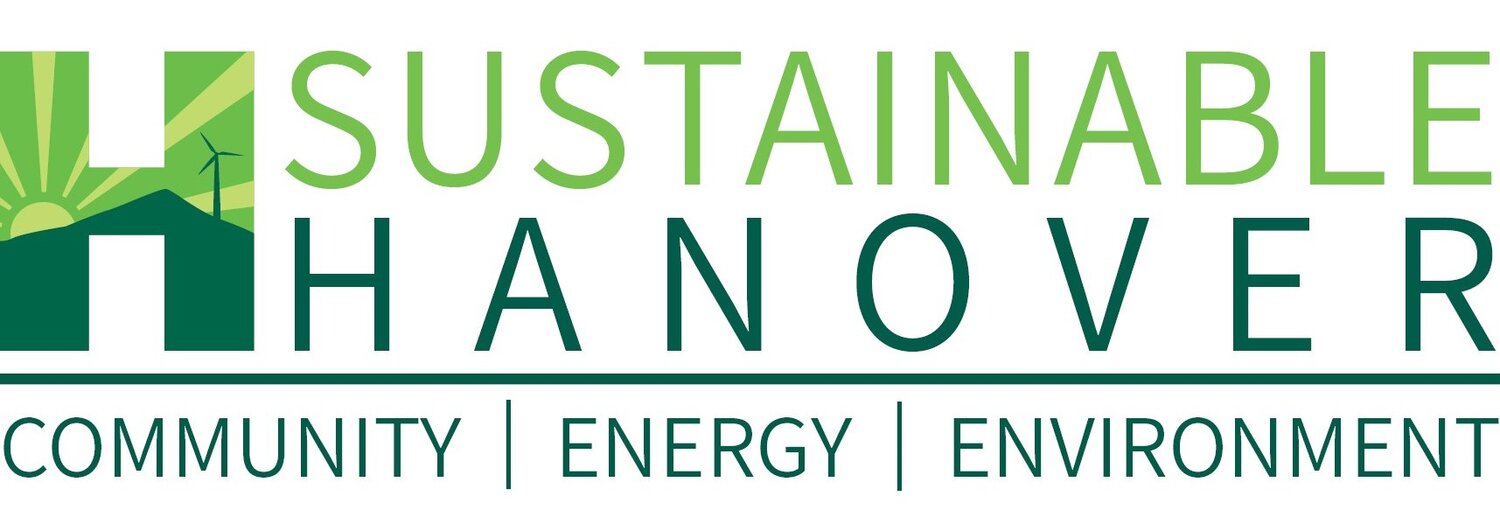
Environment Overview
Cherished for its physical environment, Hanover is bordered by the Connecticut River to the West and Moose Mountain to the East. It has multiple watersheds, thousands of acres of preserved land, and hundreds of miles of publicly accessible trails. Nearly 12,000 people, including Dartmouth students, call Hanover home. Thousands more come to Hanover daily to work and play.
For Sustainable Hanover, the focus on the environment centers on the myriad ways we impact our surroundings to ensure a resilient, healthy, and vibrant community for people, animals, plants, and other organisms. Sustainable Hanover collaborates with community members to care for the spaces we cultivate and interact with most directly–in our homes, neighborhoods, and workplaces. This is distinct from the conservation of fields, forests, and large tracts of land under the purview of large landowners and organizations such as the Hanover Conservancy, the Hanover Conservation Commission, and the Upper Valley Land Trust.
Environment Initiatives
-

Stuff
The stuff we buy and use on a daily basis impacts energy consumption, water health and all natural resources. How can we reduce what we buy, care for what we have by re-using and re-making, and recycle what we no longer need? Recycling information here, with more comprehensive information coming soon!
-

Landscaping
Sustainable Landscaping is about caring for the land closest to us, particularly how we care for water, plant diversity, and the creation of healthy ecosystems for all creatures great and small. Learn more here!
-

Water
Clean water is necessary for life. There are many strategies to care for the health of our local waterways. These strategies include effective stormwater management, water conservation, lawn reduction, and sustainable landscaping practices. Dive into ways to take action here!
-

Food
Food is all about what we eat, where our food comes from, and how we manage our food waste. This matters because the food we eat impacts energy consumption, water safety, and soil health. More info coming soon!
